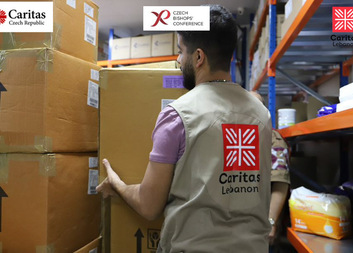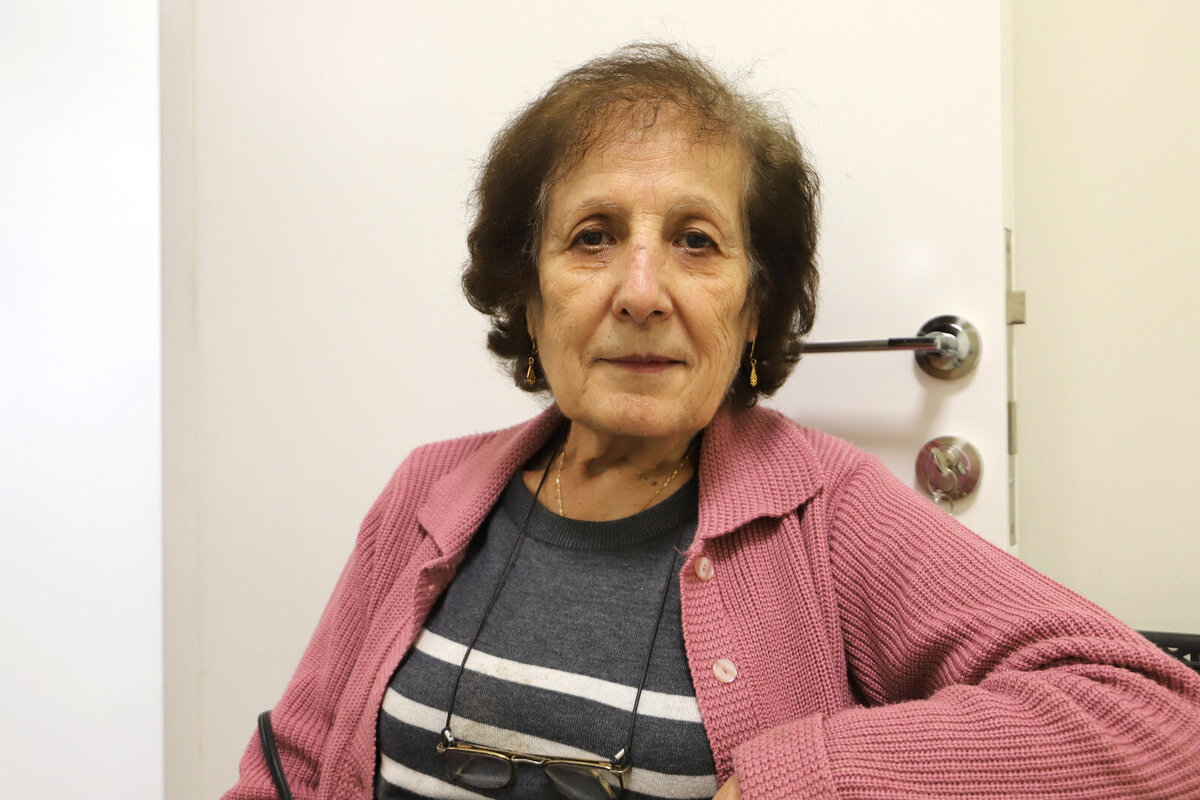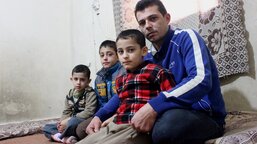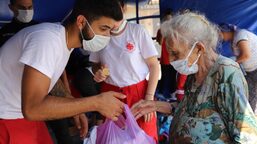The economic crisis in Lebanon is having a huge social impact. The people who are suffering the most are those in at-risk groups. Due to inflation of prices, buying essential medicines and attending basic medical check-ups have become a luxury they cannot afford. Caritas Czech Republic has helped vulnerable people gain access to medical care.
Economic crisis in Lebanon prevents access to basic needs
Lebanon is currently dealing with one of the worst economic crises of the 21st century. Political instability in the country is further complicating the situation and social conditions are steadily worsening. The loss of value of the Lebanese lira is causing massive inflation of prices.
The Lebanese healthcare system is largely made up of private clinics and hospitals. The health sector is therefore subject to price inflation just like other services. However, almost 80 per cent of people in Lebanon live in poverty. Because of the huge price increase in health care, people cannot afford medical services. Thus, they are dependent on the help of non-profit organisations such as Caritas Czech Republic.
Access to medical care for at-risk groups
In cooperation with Caritas Lebanon, Caritas Czech Republic has successfully completed a project for provision of medical care and medicines. We focused primarily on helping people from at-risk groups, such as the elderly, children, people with disabilities, people living in poverty, and people in remote areas. Their health is threatened by their poor living situation and inability to cover medical costs.
Thanks to the financial support of the Czech Bishops' Conference, we have provided care for 5 146 people in need. We secured medicines and free medical check-ups in 10 towns across Lebanon. Medicines and medical services were regularly delivered to remote areas in mobile medical units. Caritas Czech Republic also purchased 4 mobile ultrasound machines and 4 medicine counting machines for Caritas health centers to speed up the handling of medicines and prevent pill contamination. These machines made it possible for us to streamline medical care and enabled us to provide help to more people in shorter time.
"I am immensely grateful for the medical support the Caritas has provided. Thanks to you, I can go for medical check-ups and receive the necessary medication that I would not be able to afford in my financial situation," says 80-year-old Maryam Gebrael Farah.











